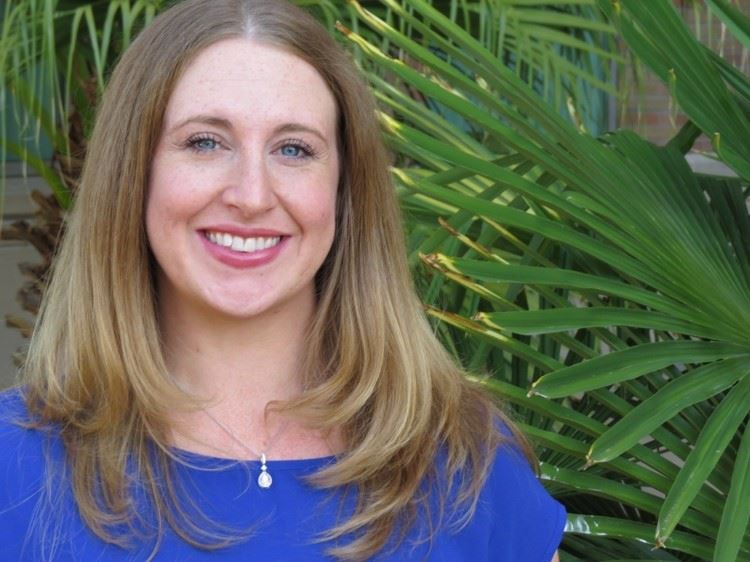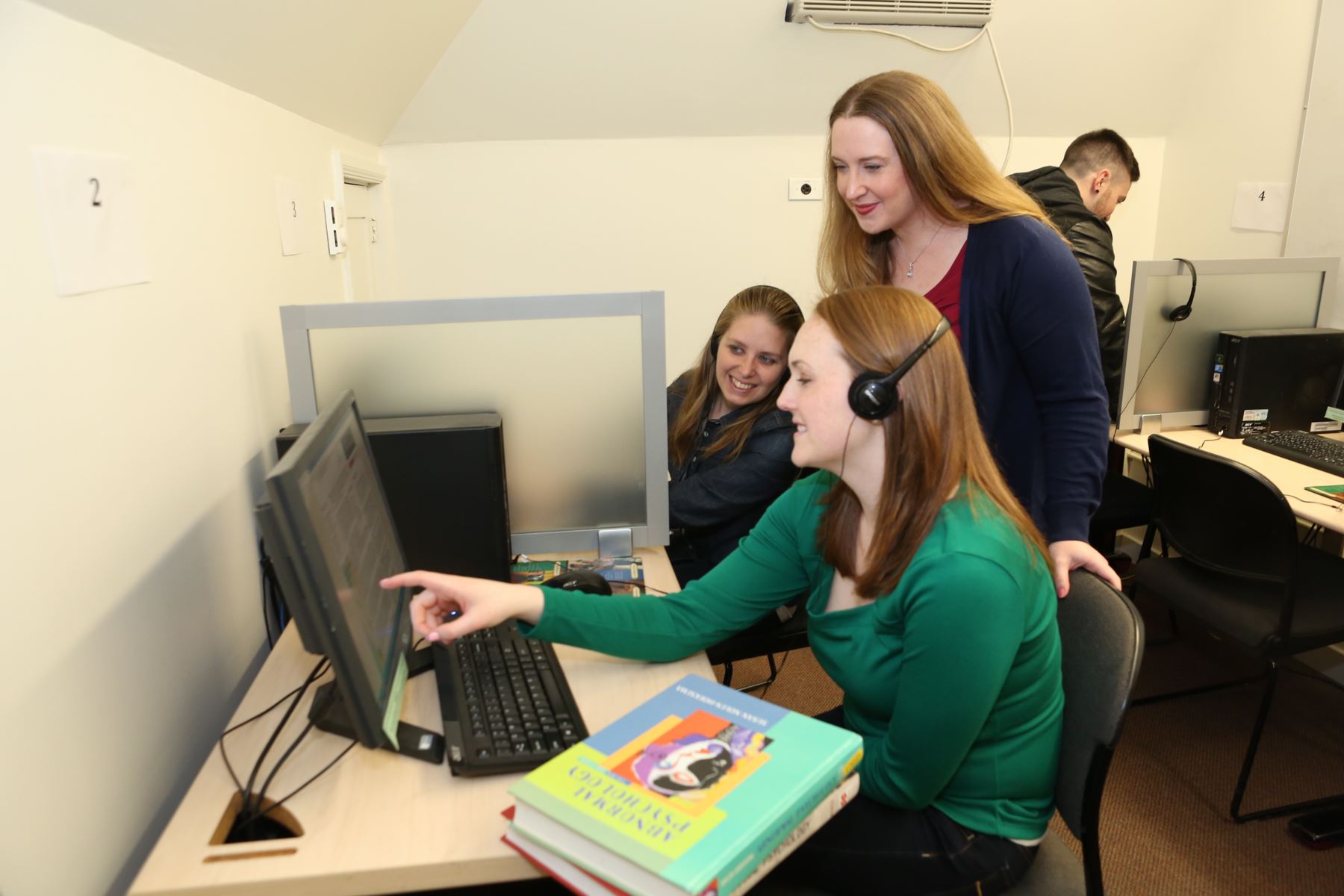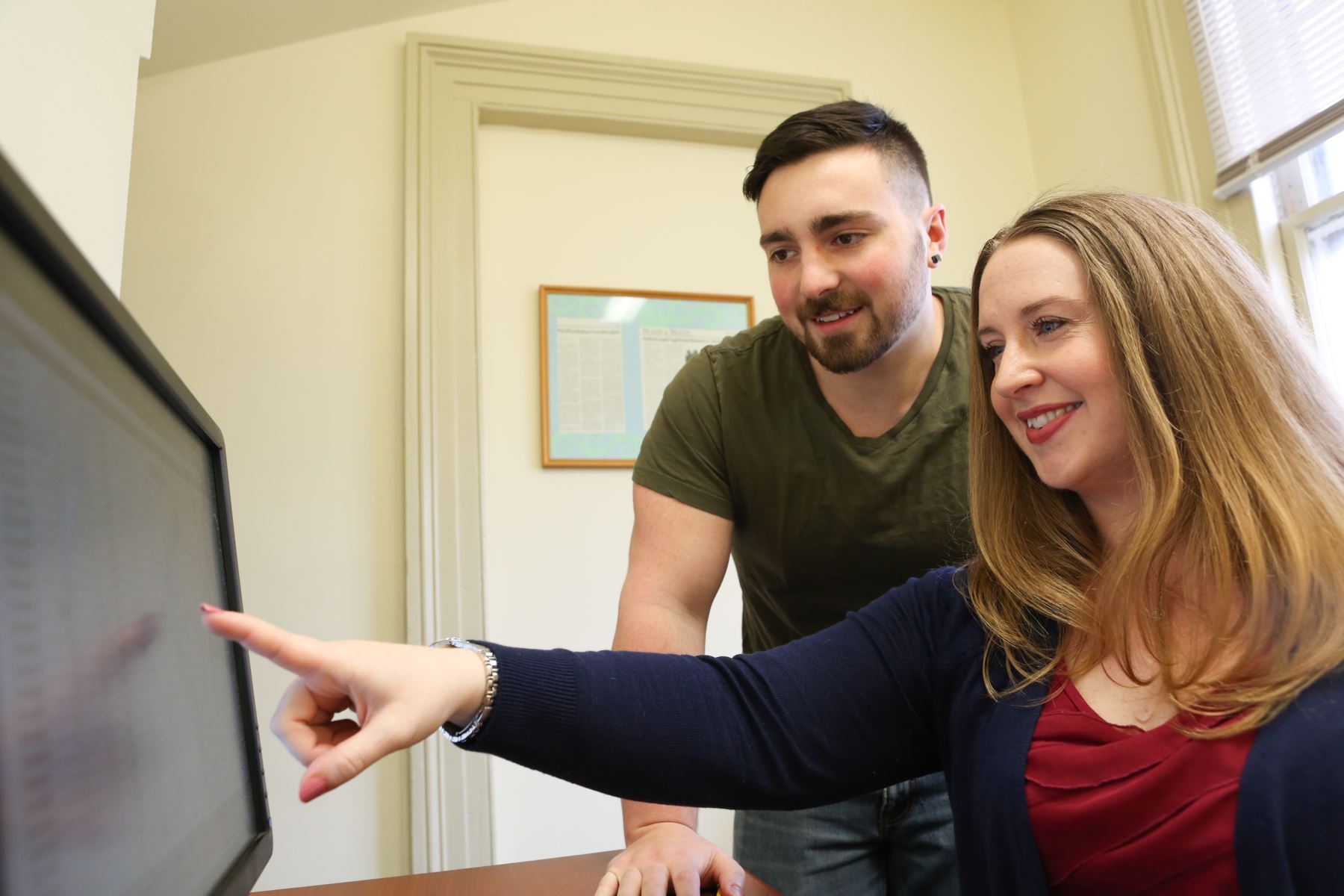 School name: Pace University
School name: Pace University
Type of school: Private, doctoral-granting university – Our Ph.D. in Mental Health Counseling is one of the first doctoral programs at Pace! We were also named the #1 most underrated college/university in the US by Business Insider (October, 2015). For people who haven’t heard of Pace University, I tell them that it’s where Bradley Cooper graduated and where Inside the Actor’s Studio is filmed. No, I haven’t met Bradley Cooper or James Lipton…
School locale: Smallish town outside of New York City – A lot of people don’t realize how rural New York becomes once you get outside of the city! Pace University has a vibrant city campus in Manhattan but we also have a more traditional college setting in Westchester county (I teach on the Westchester campus). Our Westchester campus is in Pleasantville, NY…how much more charming can you get?! We just opened new dormitories this year and it’s been exciting to see the campus life bloom! I love walking around the university to see the students enjoying their rejuvenated campus.
Classes you teach: Social Psychology and Experimental Psychology (year-long research experience course) at the undergrad level, Social Psychology at the Master’s level, and Seminar in Treat Management at the Ph.D. level. We offer a lot of interdisciplinary courses as well so my first year at Pace I taught an interdisciplinary Learning Community course called “On the Good Life.” I co-taught the course with a Philosophy professor. We spent the semester considering what the good life means and how can we achieve it. We read ancient philosophy, Hannah Arendt, and psychologists such as Sonja Lyubomirsky, Laura King, and Martin Seligman. The students developed creative works on the good life and I was so impressed by the quality of their projects. One student painted a picture that incorporated the readings from the course and his idea of what the good life means. Another student interviewed random people in Manhattan about their perception of the good life. Yet another student developed an entire website with resources on happiness, well-being, and achieving the good life. I love courses that allow students to use their strengths to develop meaningful works that live on beyond one semester.
Average class size: 9-28 students
What’s the best advice about teaching you’ve ever received?
Janie Wilson was one of the first teaching mentors I had. One time, I was telling her about what some of the “kids” in her class were doing and she corrected me by saying, “young adults.” I don’t know if she meant it to be advice then, but it was one of the most influential experiences in terms of my development as an educator. It not only taught me to view my students as active participants with their own unique perspectives and experiences but it taught me a broader lesson about how our own perspectives as teachers can help or hinder the learning process.
What book or article has shaped your work as a psychology teacher?
Not a book or an article…but the PSYCTEACHER listserv is amazing. [Editor's note: You can access the PSYCTEACHER listserve by joining STP.] I love reading everyone’s thoughts and advice. I also love soaking in advice from people at the STP conferences.
 Briefly tell us about your favorite lecture topic or course to teach.
Briefly tell us about your favorite lecture topic or course to teach.
I teach a year-long Experimental Psychology course in which students propose and conduct their own research projects. It is my favorite course to teach because the process ultimately is so rewarding for students. My students comment that the course is unlike anything they’ve ever experienced in college. I spend a good deal of the first semester building their trust, shoring up their knowledge about research methods and statistics, and mitigating their anxiety about writing and the research process. The course transitions into a very creative process as the students develop their experiment ideas. It’s a small class so every student gets a lot of mentorship and guidance. Everyone celebrates when the IRB approves their projects and they really celebrate once they collect all of their data. I’m tough on them at times but they always know it comes from a place of caring. We end the class with a mini-psychology research conference where they share their research posters.
Briefly describe a favorite assignment or in-class activity.
Hands down my favorite activity is my “Create a Scale” activity. In groups, students have to create a scale to measure sense of humor. Once they create their scale, they validate it with their classmates. We make it a contest to see who can obtain the best internal consistency and criterion validity. The activity keeps my students laughing but I also find that it is extremely effective at helping them remember the difference between the various reliabilities and validities.
What teaching and learning techniques work best for you?
I’m still early in my career so I love testing new ideas and techniques. I’m learning that “letting go” in the classroom is often more valuable than overly preparing or trying to micromanage the flow of a class lecture.
 What’s your workspace like?
What’s your workspace like?
I’m not talented when it comes to interior design so my office is a little random. I have two pictures from Alice in Wonderland hanging above my desk that remind me to always be “curiouser and curiouser.” On my bookshelf, I have a green orangutan stuffed animal from when I interned as a behavioral researcher at Zoo Atlanta, a picture of Beyonce that my grad school labmate gave me when I started my new job, and some random Star Wars tchotchkes. By my computer monitor, there are numerous stress balls that I’ve collected at different psychology conferences. What good is a workspace if it doesn’t make you giggle a bit?
Three words that best describe your teaching style.
Caring. Conscientious. Cheerleader.
What is your teaching philosophy in 8 words or fewer?
When in doubt, have passion and great examples.
What is something your students would be surprised to learn about you?
I almost failed out of college! I went through a rough time as an undergrad. The experience I had as a “bad student” helps me understand some of my struggling students. I believe there are no “bad students,” just ones who haven’t found their way yet. If they messed up early in their undergrad careers, they may have to work harder than others, but it doesn’t mean that their story is over. My personal experience reminds me to be empathetic…you never know when a student just needs someone to reach out to him/her. I had some professors who mentored me in this way (i.e., they were empathetic but pushed me to work harder than ever before) and I try to pay that type of mentorship forward.
What are you currently reading for pleasure?
At any given moment I have a stack of books and magazines that I’m making my way through. Right now I’m reading The Road to Character by David Brooks, Quiet by Susan Cain, and The Wisest One in the Room by Thomas Gilovich and Lee Ross. I also started rereading the Harry Potter books.
What tech tool could you not live without?
The calendar/to do list on my cell phone – For a long time, I resisted using my phone to schedule my life! But once I transitioned away from writing everything down in various notebooks and planners, I realized how streamlined I could make things by putting everything into my phone’s calendar.
What’s your hallway chatter like? What do you talk to colleagues about most (whether or not it is related to teaching/school)?
Four of my friends from grad school and I have a running group text message. At any given time of the day, we’re exchanging advice, telling stories about our days, sending bitmojis (thanks to Jordan Troisi for sharing that app with me!), supporting each other through our struggles, and just generally engaging in ridiculous amounts of affirmation! Lots of people talk about how text messaging can disrupt their days…not with this group text! I’m constantly finding new motivation from this amazing group of women. We all live far apart (Kristin and Sara in the Bay Area, Arezou in Long Beach, CA, Katie in Tennessee, and me in New York) but our daily group texts keep me feeling connected and inspired.
